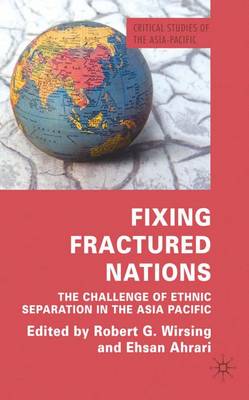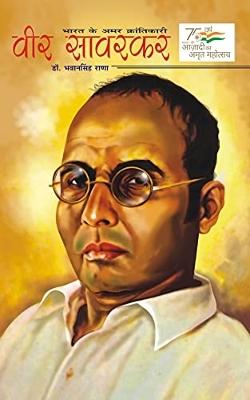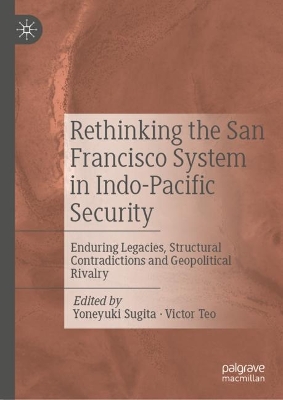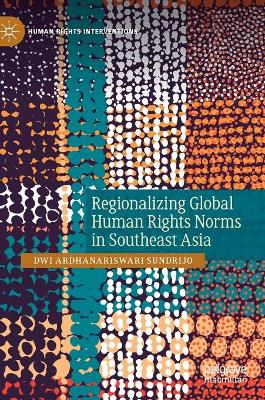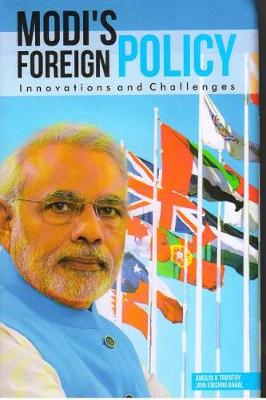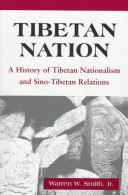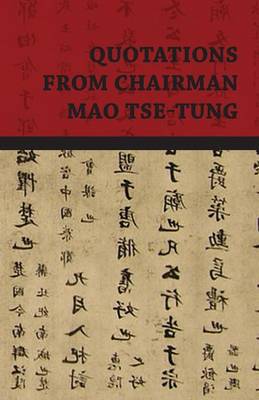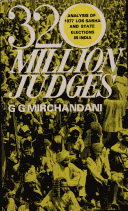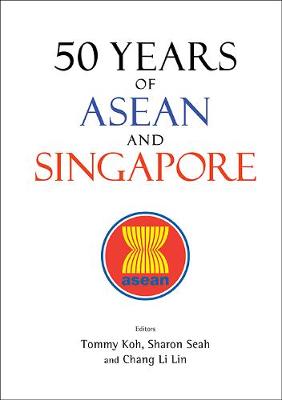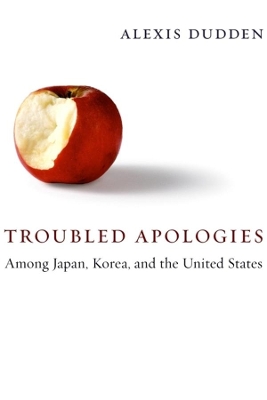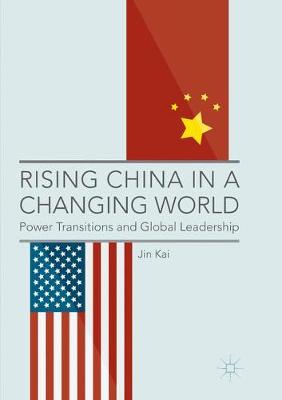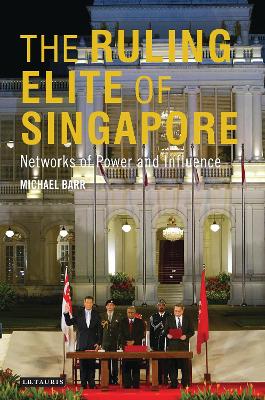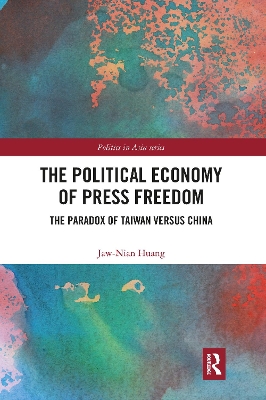Fixing Fractured Nations (Critical Studies of the Asia-Pacific)
Asia's rising power and wealth offer its many oppressed ethnic minorities hope for greater political freedom and an end to violence. But the reality of this hope is cast into doubt by acute separatist conflict. This book provides fresh and factual assessments of separatist struggles and prospects for conflict resolution in eight countries of Asia.
This book attempts a coherent portrait of the heart of Japan's economic and political decision making. It presents the men occupying the core positions in Japan's ruling party, the central ministries, and in big business and its organizations. Elite career patterns, social origins, upbringing, university education, cognitive orientations and ways of life are reviewed, as are the interactions in the exclusive world of Japan's increasingly hereditary and bureaucratic class of power holders in cons...
Rethinking the San Francisco System in Indo-Pacific Security
This remarkable collection commemorates the 70th anniversary of the 1951 San Francisco Peace Conference by revisiting the important legacies of both the Peace Treaty and the US-Japan Security Treaty have had on the peace and stability of the Asia-Pacific. Drawing on multiple perspectives, the volume conveys the hopes and fears that the authors have for the domestic and international politics of the region. In a post Trumpian world marked by the US-China tensions amidst a raging pandemic, the reg...
An analysis of Pakistani politics under President Mohammad Ayub Khan that focuses on the practical limitations of that leader's ability to mobilize mass backing even when he is supported by a powerful army. Of particular significance is the non-totalitarian character of Ayub Khan’s program.Originally published in 1965.The Princeton Legacy Library uses the latest print-on-demand technology to again make available previously out-of-print books from the distinguished backlist of Princeton Universit...
This book is a comparative study of the role that domestic factors play in shaping the form and content of Western policy toward the Soviet Union. It demonstrates that these factors are at the heart of many of the Allied conflicts in security policy over the past few years and are likely to remian so as the West seeks to coordinate its approach to Gorbachev's Soviet Union. The opening chapter explores the general relationship between domestic politics and the evolution of postwar Western attitud...
Regionalizing Global Human Rights Norms in Southeast Asia (Human Rights Interventions)
by Dwi Ardhanariswari Sundrijo
This book explains how the ASEAN regional human rights body (AICHR) was created and why it functioned with a promotional rather than protection mandate. It does this by positioning itself within a sizable literature on norm diffusion, and introduces the concept of "Norm Interpreters" to explain what happens when global human rights norms are adopted/adapted within a local context, particularly highlighting the role of a group of individuals in the process. In this respect it adds to the Internat...
Conflict And Violence In Singapore And Malaysia, 1945-1983
by Richard Clutterbuck
This detailed history offers the most comprehensive account available of Tibetan nationalism, Sino-Tibetan relations, and the key issue of Tibetan self-determination. Warren Smith explores Tibets ethnic and national origins, the birth of the Tibetan state, the Buddhist state and its relations with China, Tibets quest for independence, and Chinese rule after 1950. }This detailed history offers the most comprehensive account available of Tibetan nationalism, Sino-Tibetan relations, and the issue o...
50 Years Of Asean And Singapore
On the 8th of August 2017, ASEAN will celebrate the 50th anniversary of its founding. ASEAN is of great importance to Singapore, the region and the world.In 1967, the Association of Southeast Asian Nations, or ASEAN in short, was founded by five countries in Southeast Asia which had just gained independence from their former colonial masters, united by a determination for the region to live in peace and stability. Singapore was one of the five founding members of ASEAN, together with Indonesia,...
Troubled Apologies Among Japan, Korea, and the United States
by Alexis Dudden
Whether it's the Vatican addressing its role in the Second World War or the United States atoning for its treatment of native Hawai'ian islanders, apologizing for history has become a standard feature of the international political scene. As Alexis Dudden makes clear, interrogating this process is crucial to understanding the value of the political apology to the state. When governments apologize for past crimes, they take away the substance of apology that victims originally wanted for themselv...
In this book, Jin Kai provides an alternative perspective on the power interactions between a rising China and a "relatively" declining U.S. in the changing world situation. Grounded in previous scholarship, Jin argues that China's rise is historically, culturally, and structurally different; a peaceful power transition requires engagement by the U.S. in international institutions. Grounded in case studies and theory, this study will be of relevance to any reader interested in the evolving great...
Michael Barr explores the complex and covert networks of power at work in one of the world's most prosperous countries - the city-state of Singapore. He argues that the contemporary networks of power are a deliberate project initiated and managed by Lee Kuan Yew - former prime minister and Singapore's 'founding father' - designed to empower himself and his family. Barr identifies the crucial institutions of power - including the country's sovereign wealth funds, and the government-linked compani...
This book offers a political economy analysis of the development and degradation of freedom of the press in Taiwan since 1949, exploring how state-business elites and foreign hegemons interacted to shape the evolution of Taiwan’s media. It examines why freedoms increased alongside democratization in the 1990s but deteriorated after the second peaceful turnover of power in 2008 and why significant improvements accompanied Taiwan’s close economic connections with the US during the Cold War, only...
